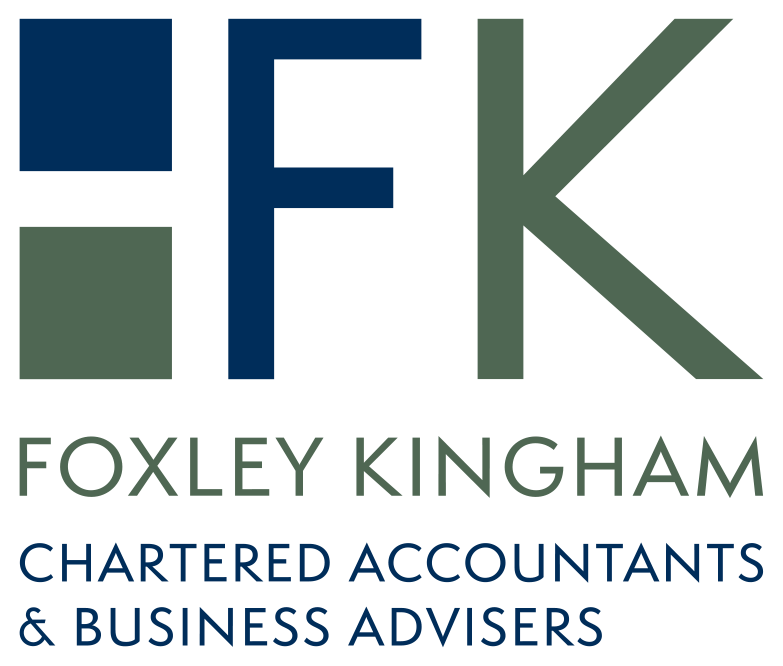Modern accounting
Groups and corporate structures
Businesses can be more profitable and successful if they are continually structured according to what’s most advantageous in terms of commercial, regulatory, legal and tax.
Companies are the most popular business vehicle, but it may benefit some businesses to restructure into more than one company to achieve its objectives. Opportunities to become a single parent company, owning subsidiary companies can bring significant benefits, with all companies remaining in the control of the parent company.
How we work
We have specialist company structure experts, with in-depth knowledge of how you can benefit from restructuring, to achieve maximum profitability. We’ll discuss your plans for business development and look at the options, risks and benefits associated with each alternative structure.
Why form a group structure?
- Management of risk, for example, of a new venture that can be ring-fenced from the existing business
- A new company can develop its own identity, brand and IPR (Intellectual Property Rights)
- Transference of valuable assets to a holding company to protect from creditors, providing the transferring company is not in financial difficulties
- For administrative purposes, for example, so one property holding company holds all group property
- Tax benefits from the ability to transfer trading losses from one group company to another within the group in order to offset trading profits
- A separate company can be identified and sold as a discrete entity, and does not need to be stripped out of a larger entity
- Subject to exemptions, a sale of shares in a subsidiary company does not create a taxable profit, so the full proceeds can be reinvested in the group
- Shares can potentially be provided in the subsidiary company to recruit and retain talented staff
- Management can be rewarded based on the results of the subsidiary as opposed to the whole business
Related articles
Voluntary Liquidations – is it time to act?
There is a lot of anticipation that measures being introduced in the next budget in March will add to the struggle of many companies during the continued COVID-19 pandemic.
The End Of The Brexit Transition Period; What Does This Mean For Your Business?
On December 24th 2020 the UK and the European Commission (EC) finally agreed on the terms of a trade and co-operation agreement coming into effect after the end of the transitional period on December 31st 2020.
What clients think
“Courtville Services was created in May 1990 since that date Foxley Kingham have been in charge of the accounts and been involved in the day to day running of the company. I owe them a great deal of thanks for their professional services advice and guidance.”
– Roger Moss Courtville Services Ltd
Team





